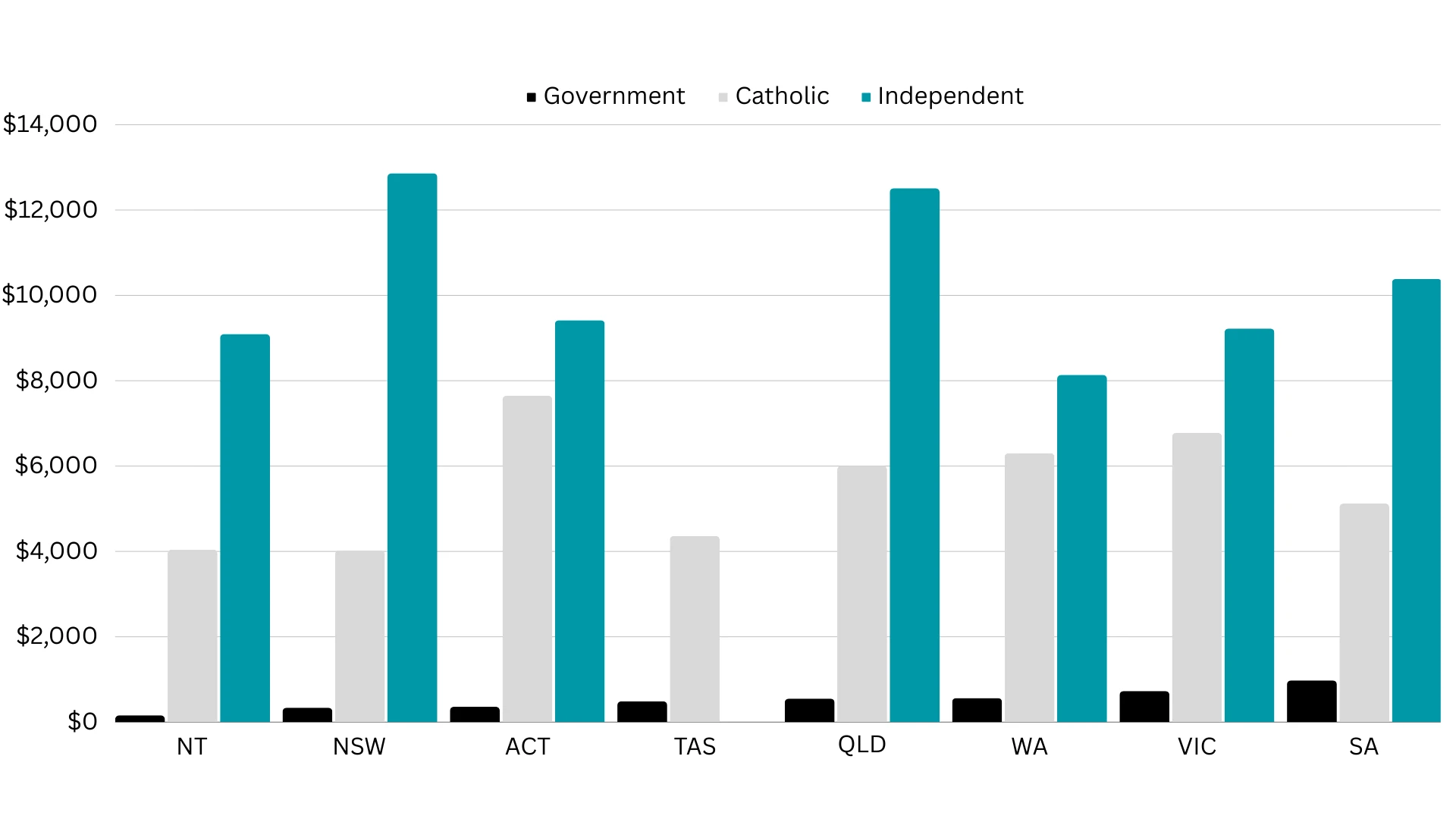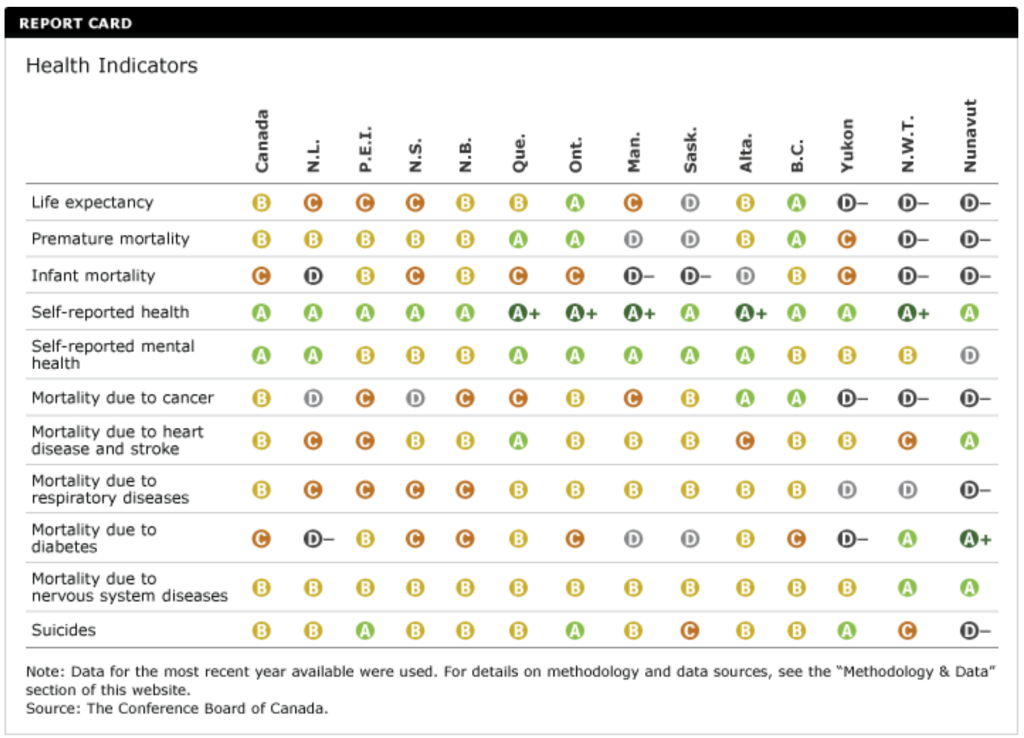When it comes to ethics and morality, the golden rule is a principle that is prevalent across various cultures and religions worldwide. In Australia, the golden rule plays a significant role in shaping social interactions and relationships. But what exactly is the golden rule in Australia?
According to Australian law, the golden rule arises out of the concept of statutory interpretation. Statutory interpretation is the process of interpreting and applying legislation in order to determine its meaning and intention. The golden rule is a principle that guides judges and courts in interpreting legislation when the literal interpretation would lead to an absurd result.
Essentially, the golden rule allows judges to depart from the literal meaning of a law if following it would lead to an outcome that is unreasonable or contrary to the intention of the Legislature. This principle ensures that laws are interpreted in a way that upholds the spirit and purpose of the legislation, rather than just the strict letter of the law.
For example, if a literal interpretation of a law would result in an absurd or unjust outcome, a judge may apply the golden rule to interpret the law in a way that better aligns with the true intention of the Legislature. This helps to ensure that justice is served and the law is applied in a fair and reasonable manner.
In Australia, the golden rule is a crucial aspect of legal interpretation and plays a key role in ensuring that laws are applied in a just and equitable manner. By allowing judges to depart from the strict letter of the law when necessary, the golden rule helps to ensure that the true intention of legislation is upheld and that justice is served.



